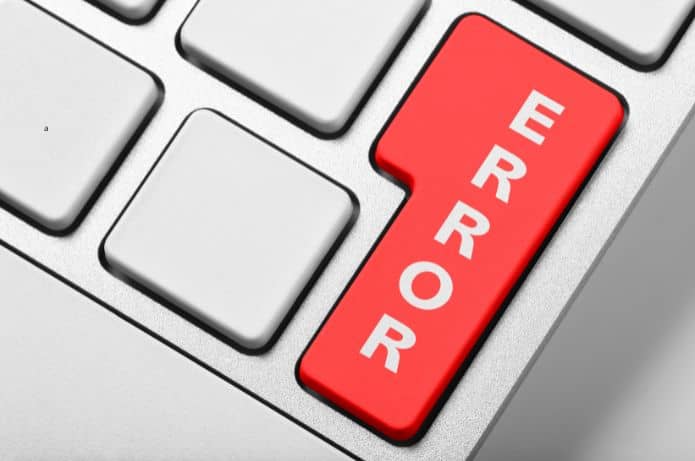The Middle East is rapidly establishing itself as one of the world's leading centers of innovation and entrepreneurship, transforming into a true oasis for startups and technology companies in the heart of the desert. Dubai, in the United Arab Emirates and Qatar have demonstrated a commitment to the future, investing heavily in infrastructure, technology, and education to create a vibrant and dynamic innovation ecosystem.
A clear example of this commitment is theDubai Step ConferenceandWeb Summit no QuatarEvents that took place in February where not only networking occurred, but also the creation of a crucial platform for startups seeking investments and strategic partnerships. At both fairs, topics such as Founders and Funders, AdTech 2.0, Fintech for SMEs, and AI, LLMs, and Cloud were discussed. The fairs addressed the hottest and most relevant topics of the moment. This diversity of topics reflects the breadth of the Middle East innovation ecosystem, which is not limited to a single sector but embraces a variety of disruptive industries.
The Dubai government has been creating special economic zones and offering attractive incentives for innovative companies. Dubai Integrated Economic Zones Authority (DIEZ), for example, through Dubai CommerCity, is opening doors for Brazilian startups to expand their operations in the Middle East. This initiative not only facilitates the entry of foreign companies into the local market but also promotes the exchange of knowledge and technologies between different regions of the globe.
This influx of talent and capital has fueled the growth of sectors such as fintech, artificial intelligence, and e-commerce, positioning Dubai as a world-class innovation hub. Dubai is rapidly becoming a model of how a city can reinvent itself and always stay ahead when it comes to global innovation.
Qatar, meanwhile, accounted for 6% of deals across the Gulf region in 2023, with venture capital investments in its startups totaling 43 million Qatari riyals ($11 million).
Starting in 2024, through the Qatar Development Bank (QDB), a program was created that offers up to US$ 500,000 in funding for early-stage startups seeking to establish a presence in Qatar and up to US$ 5 million for growth-stage companies looking to expand their operations in the Middle Eastern country. In addition to financial support, QBD also provides portfolio startups with access to markets and expertise. The program targets startups in over 15 sectors, including fintech, clean technology, agritech, B2B SaaS, health, and marketplaces.
With events like Step Conference 2025 and Web Summit Catar and progressive government initiatives, the region is creating an environment where startups can thrive, innovate, and access capital. The challenge now is to maintain this momentum and turn the current buzz into a lasting legacy of innovation and entrepreneurship. If successful, the Middle East will not only be an oasis in the physical desert but also a shining beacon in the global digital landscape.











